As Victor Frankl famously said, ‘those who have a why to live, can bear with almost any how’.
Mental wellbeing is a complex phenomenon. While positive emotions are definitely a component of mental wellbeing, many experts argue that they’re only part of the story and that mental wellbeing is also about how we function and live our life.
That includes:
- Feeling good about yourself and comfortable in your own skin (self-acceptance)
- Feeling in control of your situation (autonomy)
- Being able to manage responsibilities in your life (self-mastery)
- Having a sense of purpose and meaning in your life (purpose)
- Getting on and being connected to others (positive relationships); and
- Growing as a person and feeling fulfilled (personal growth).
While trying to feel pleasure can be our natural focus, it’s important not to underestimate the benefits of living a life of meaning and contribution. This can take more effort but provides a deep foundation for protecting mental wellbeing, especially during tough times.
Goals
Thinking about and deciding what you want to achieve in life can motivate you, give you a reason to get up in the morning and a sense of direction and purpose in life. When setting your goals, it’s ok to be ambitious but you also need to be realistic. Too easy and you leave no room for personal growth. Too hard and you’re setting yourself up to fail. It’s about striking that sweet spot where you feel stretched but also achieve success.

Hitting your goals then gives you a sense of pride, satisfaction and fulfilment. It can bolster your self-esteem and help you feel that you’re in charge of your destiny. It’s about being the person you want to be and realising your potential.
Studies show that people who have a sense of direction and purpose in their life are happier and healthier than those who do not. Research also shows that people who have a sense of control over their lives are less likely to experience depression than people who feel powerless and think things are determined by forces beyond their control.
Contribution
Mental wellbeing comes from doing what’s good for us – and what’s good for others.
Studies show that performing ‘random acts of kindness’ increases our happiness– at least temporarily. We also know that people who do volunteer work experience better life satisfaction and happiness, and lower levels of psychological distress and depressive symptoms than people who don’t. Giving to others is a win-win, as it boosts your mental wellbeing as well as the people you’re helping.

However, it’s important to take care of yourself at the same time. Some people can be too selfless and neglect themselves in favour of others. Try and be aware of your own needs, and whether your tendency to give to others comes at the expense of your own mental wellbeing. Like in an aeroplane emergency, you’re best placed to help others after you’ve put your own oxygen mask on.



